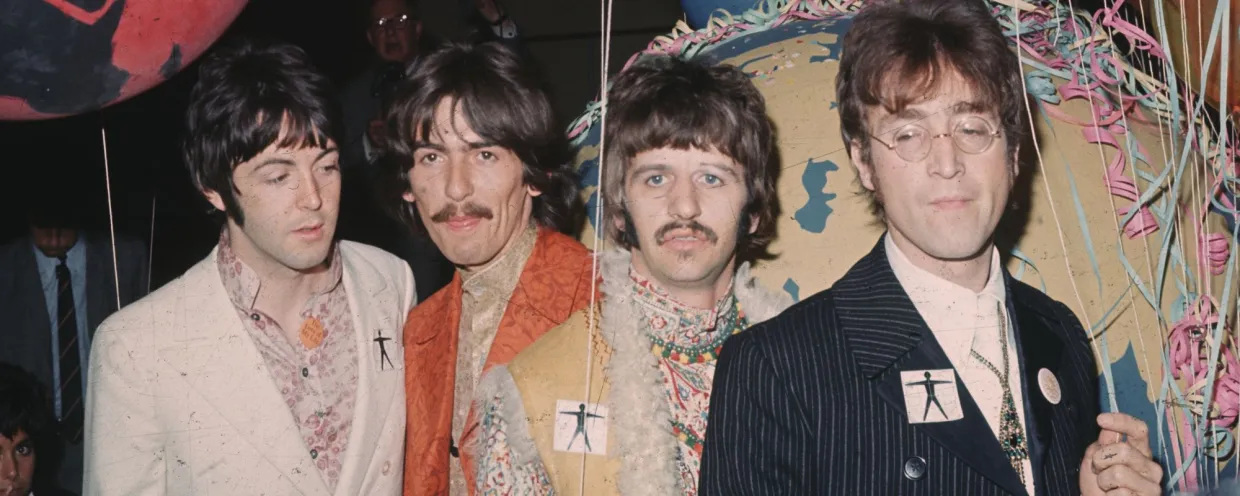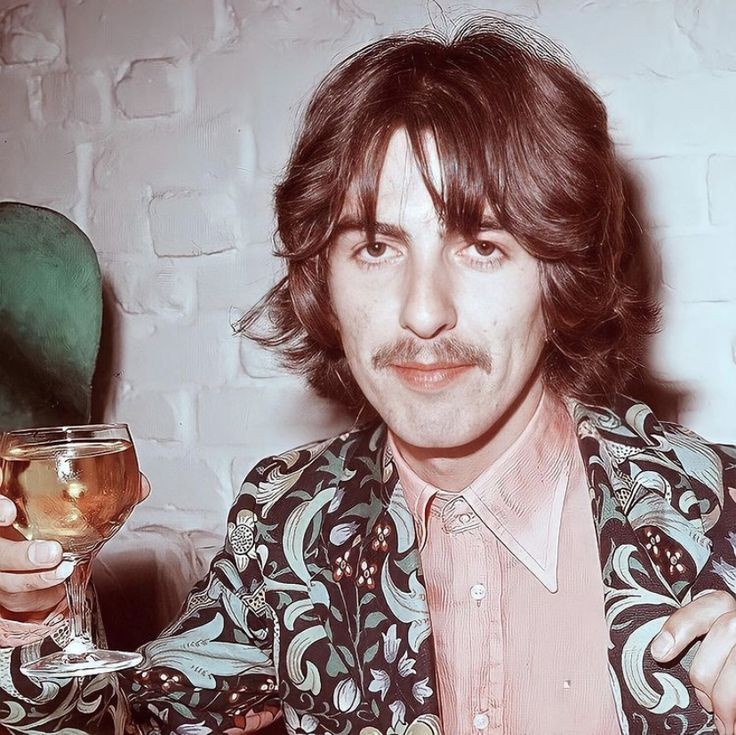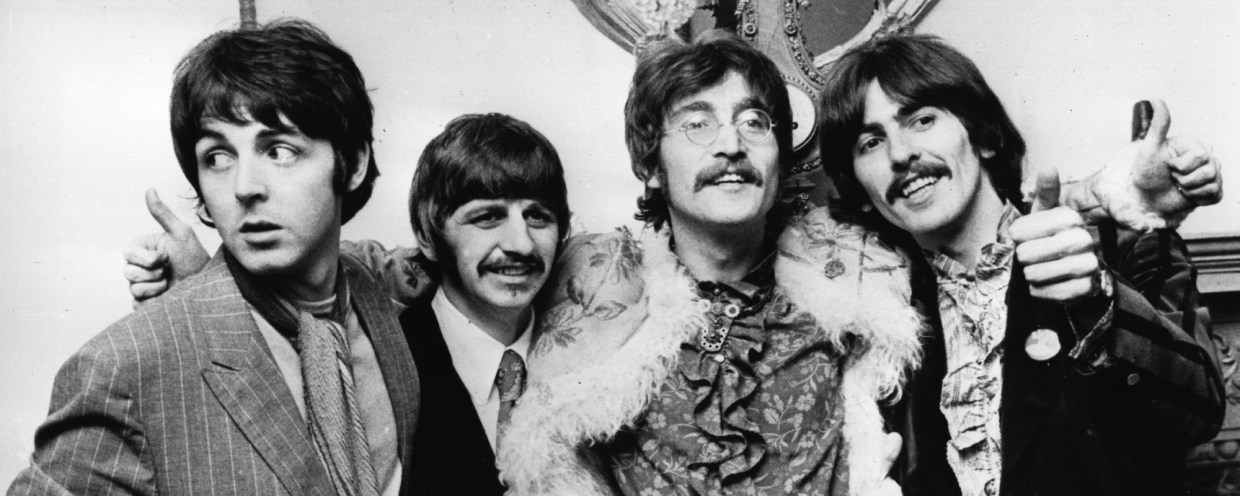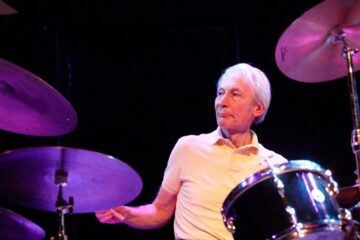By the time The Beatles were recording their Get Back sessions, which resulted in their final studio album, Let It Be, relations between the Fab Four had turned rather sour.
George Harrison had taken a trip to America the year before, immersing himself in the New York folk scene of the late-1960s and collaborating with the likes of Bob Dylan and The Band. This was a crucial time in Harrison’s development as a songwriter, informing his future solo album, All Things Must Pass, which was released in 1970.
However, Harrison stated that after returning from the States, which was “such a good time, […] the moment I got back with the Beatles, it was just too difficult.” There were multiple factors at play that affected Harrison’s temporary departure from the band in 1969. Firstly, Paul McCartney was becoming increasingly dictatorial and critical of Harrison’s guitar-playing.
In 2001, not long before he died, Harrison revealed that “At that point in time, Paul couldn’t see beyond himself. He was on a roll, but… in his mind, everything that was going on around him was just there to accompany him. He wasn’t sensitive to stepping on other people’s egos or feelings.”
Similarly, Harrison was having issues with John Lennon, who was becoming increasingly dependent on both his partner Yoko Ono and heroin. Apparently, Lennon became “emotionally removed and artistically bankrupt” during this period, which resulted in the musician taking out his frustrations on Harrison.
Despite Harrison proposing various new tracks, such as ‘Hear Me Lord’, and ‘Let It Down’, which ended up on his critically lauded debut solo album, they were met with “derision and disinterest from Lennon or heavy-handed interference from McCartney.”
Tensions only tightened when Harrison expressed his annoyance over Ono’s constant presence, claiming that “Dylan and a few people said she’s got a lousy name in New York.” Eventually, a massive argument broke out between the two, where Harrison voiced his frustrations with Lennon’s lack of cooperation. He asked the others to find a replacement for him in the advertisements section of NME before driving home, which left the band fearing that Harrison was done with The Beatles for good.
That night, Harrison sat down to channel his anger into something productive. He wrote ‘Wah-Wah’, which ended up on All Things Must Pass. Although his solo endeavour was largely influenced by folk music, ‘Wah-Wah’ is driven by a heavier guitar sound and drums that reflect the tense atmosphere of the Get Back recording sessions.
Lyrically, ‘Wah-Wah’ references Harrison’s feud with Lennon and McCartney, with the elusive title phrase referring to the mistreatment that he faced. He sings, “I don’t need no wah-wah” and “You made me such a big star/Being there at the right time/Cheaper than a dime/Wah-wah, you’ve given me your/Wah-wah, wah-wah.”
Harrison shared that the song means “You’re giving me a bloody headache,” which we can only assume means the discomfort that Lennon and McCartney caused.
The musician did return to the band to finish recording Let It Be, this time refusing to let the others treat him badly. However, The Beatles decided to part ways as a band in 1970, marking the end of an iconic era. Harrison noted in 2000 that “There was too much restriction. It had to self-destruct … I could see a much better time ahead being by myself, away from the band … It was like a straitjacket.”



